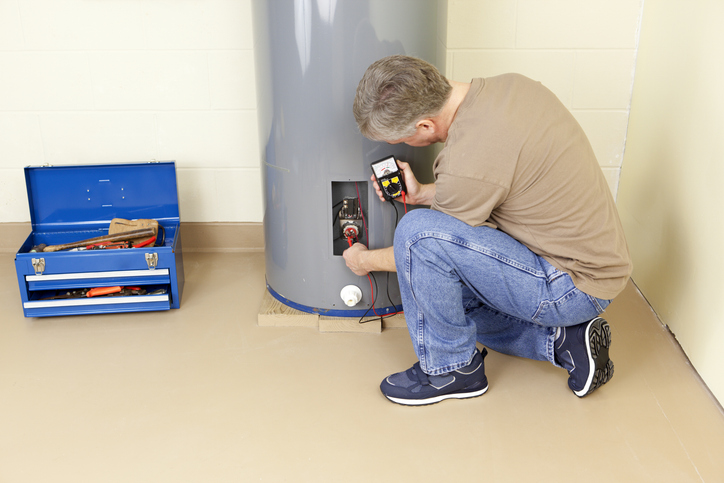Sediment buildup is a common issue that affects water heaters over time. Minerals from hard water settle at the bottom of the tank, reducing heating efficiency and causing damage. Regular maintenance prevents water heater repair in Kerrville, TX, and extends the unit’s lifespan.
1. Reduced Heating Efficiency
When sediment accumulates, it creates a barrier between the heating element and water. This forces the heater to work harder to reach the desired temperature. Increased energy usage leads to higher utility bills and reduced overall efficiency.
2. Increased Wear and Tear on Components
Sediment buildup strains the heating system by making it run longer. This added stress leads to overheating and potential damage to heating elements. Over time, frequent overheating causes parts to wear out faster, requiring more frequent repairs or even replacement.
3. Risk of Water Heater Leaks and Corrosion
Mineral deposits cause corrosion inside the tank, weakening the metal lining. As the corrosion spreads, small leaks can develop. If left unchecked, this can result in significant water damage and costly repairs, much like a failing sewer line.
4. Unusual Noises Indicating Sediment Problems
A rumbling or popping noise from the water heater indicates excessive sediment buildup. The trapped sediment causes water to boil and create air pockets, leading to disruptive sounds. Ignoring these noises may lead to serious malfunctions, eventually requiring a replacement similar to a commercial water heater installation in Kerrville, TX.
5. Poor Water Quality and Health Concerns
Sediment can mix with the hot water, resulting in discolored or foul-smelling water. This can make daily tasks like bathing and cooking unpleasant. Flushing the tank regularly helps maintain clean and safe water quality, preventing potential health concerns.
6. Increased Energy Consumption and Costs
A water heater clogged with sediment requires more energy to function efficiently. This results in longer heating cycles and increased energy consumption. Homeowners may notice a spike in their monthly utility bills due to inefficient heating caused by excessive buildup.
7. Shortened Lifespan of the Water Heater
The added strain from sediment accumulation reduces the overall lifespan of the water heater. Constant overheating, corrosion, and increased pressure wear down the unit faster. Regular flushing and maintenance can help extend the heater’s operational life and prevent premature replacement.
8. Preventative Maintenance to Reduce Repair Costs
Routine maintenance, such as flushing the tank, prevents sediment buildup and protects key components. Scheduling annual inspections ensures that issues are detected early, reducing the likelihood of major repairs. A proactive approach to maintenance saves homeowners money in the long run.
Sediment buildup negatively impacts water heater performance and increases repair needs. Routine maintenance, such as flushing the tank, prevents damage and extends the unit’s lifespan. Addressing sediment issues early helps homeowners avoid costly repairs and maintain efficiency.
Prevent costly water heater failures with expert water heater services in Fredericksburg, TX. Get in touch with our experts at Kerrville Plumbing Plus at (830) 896-0111 for reliable maintenance and repairs. Ensure efficiency and extend your system’s lifespan today!




